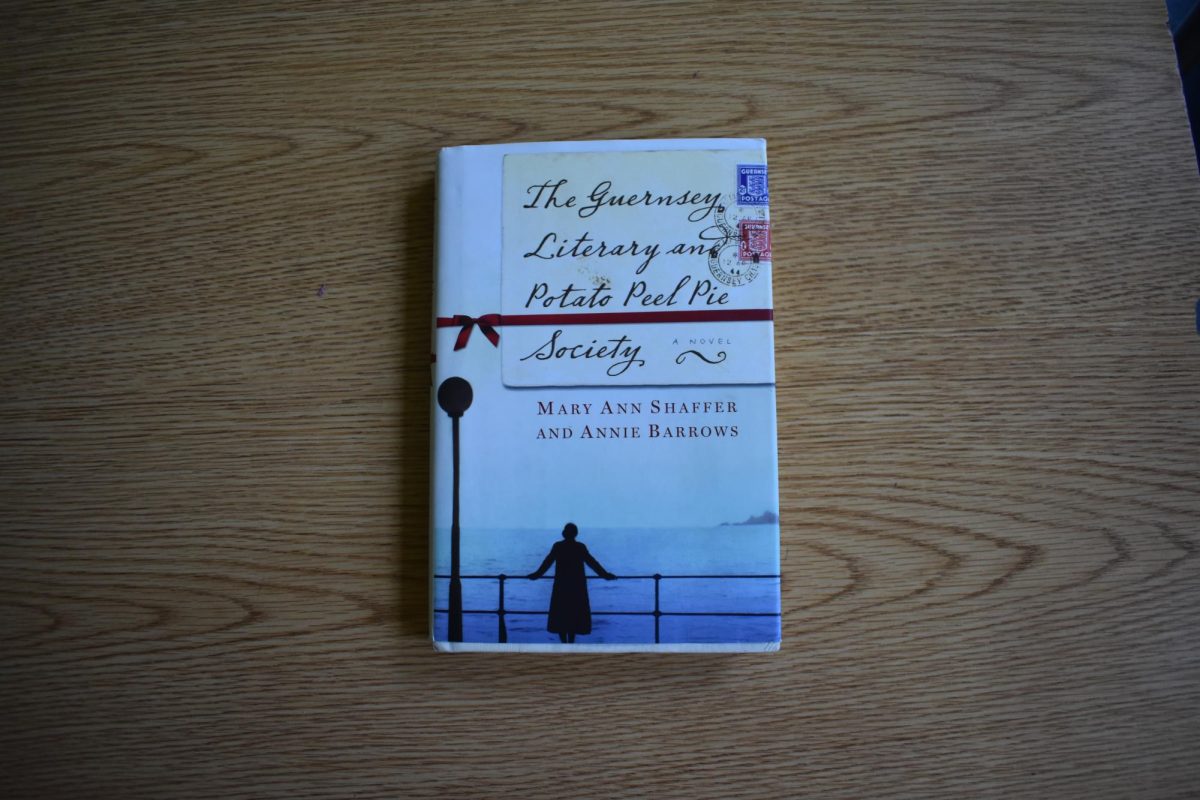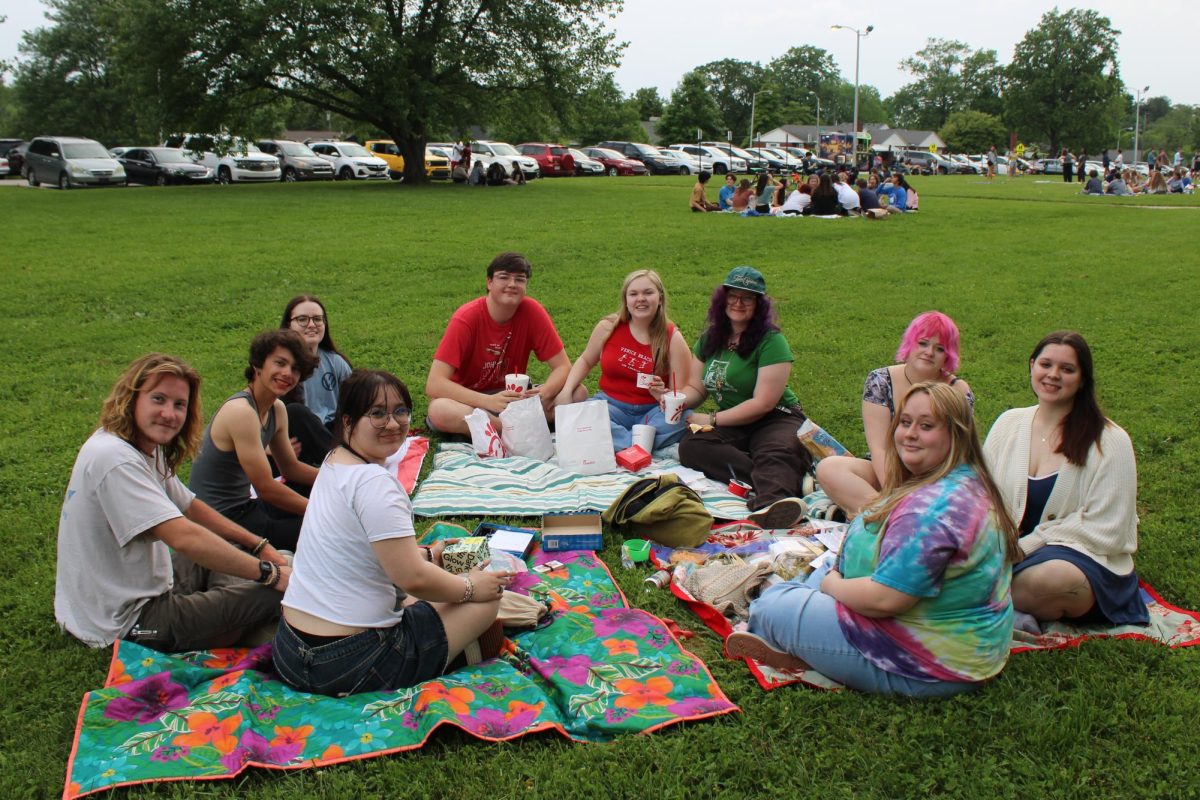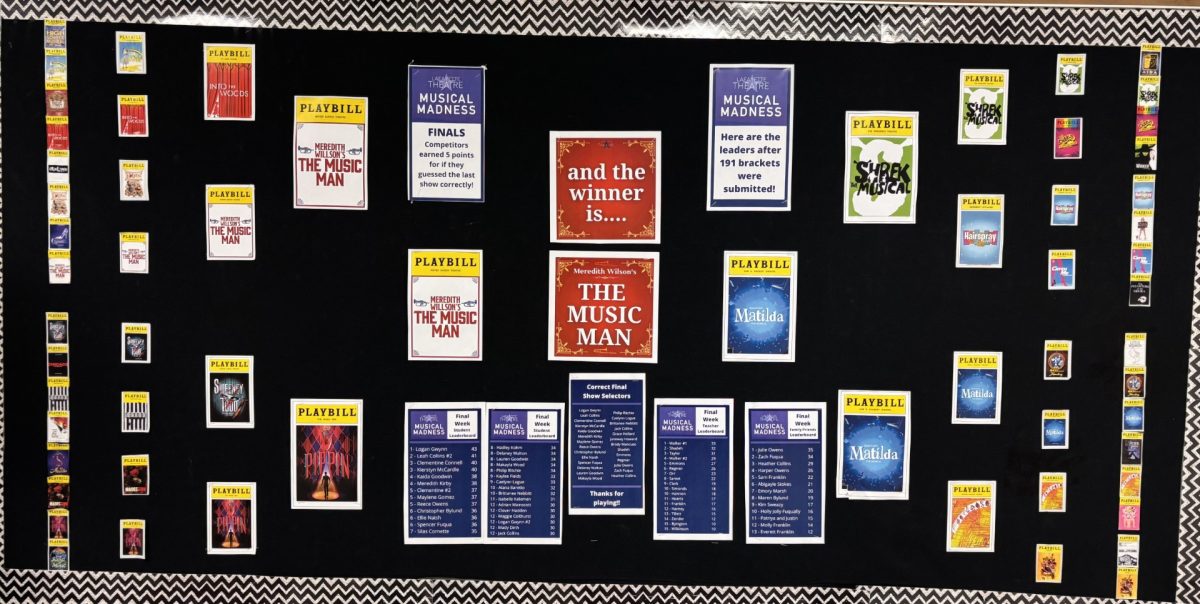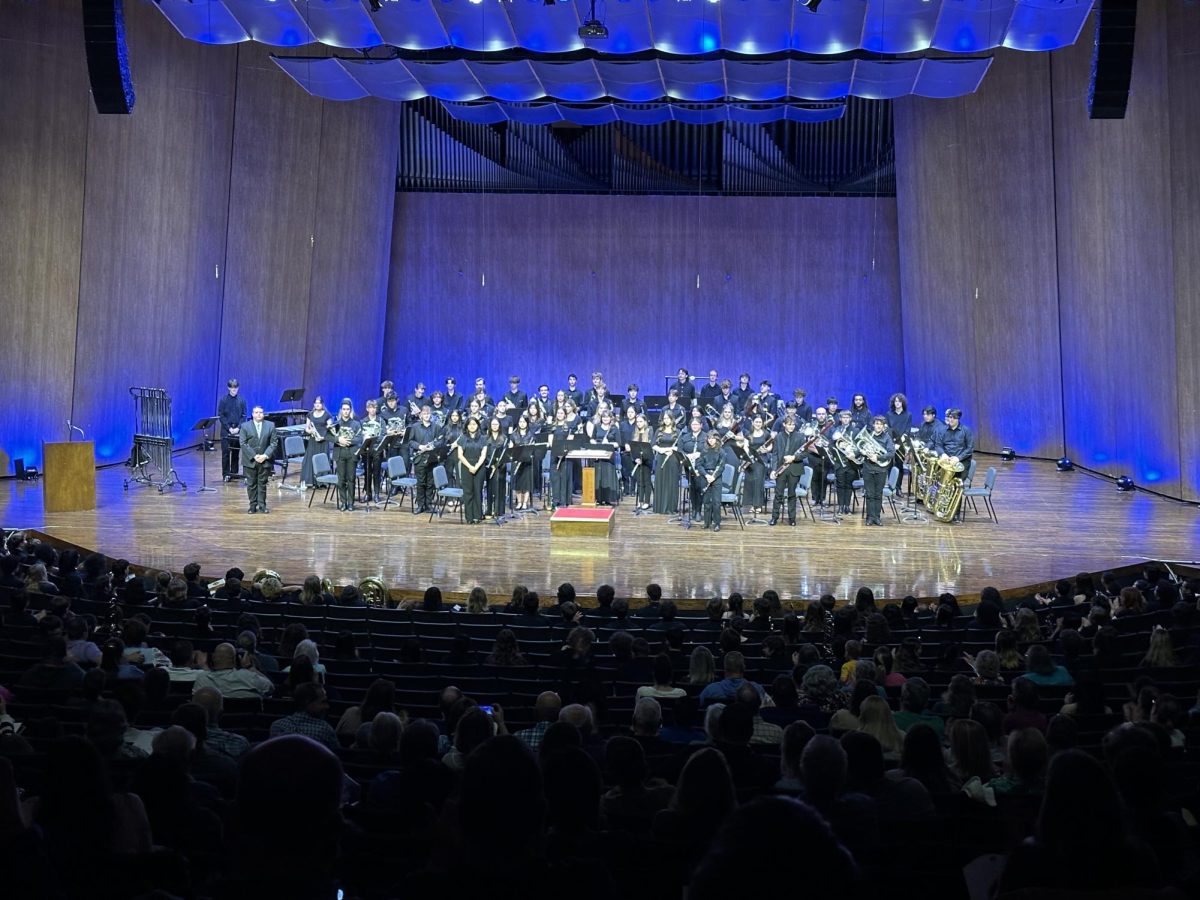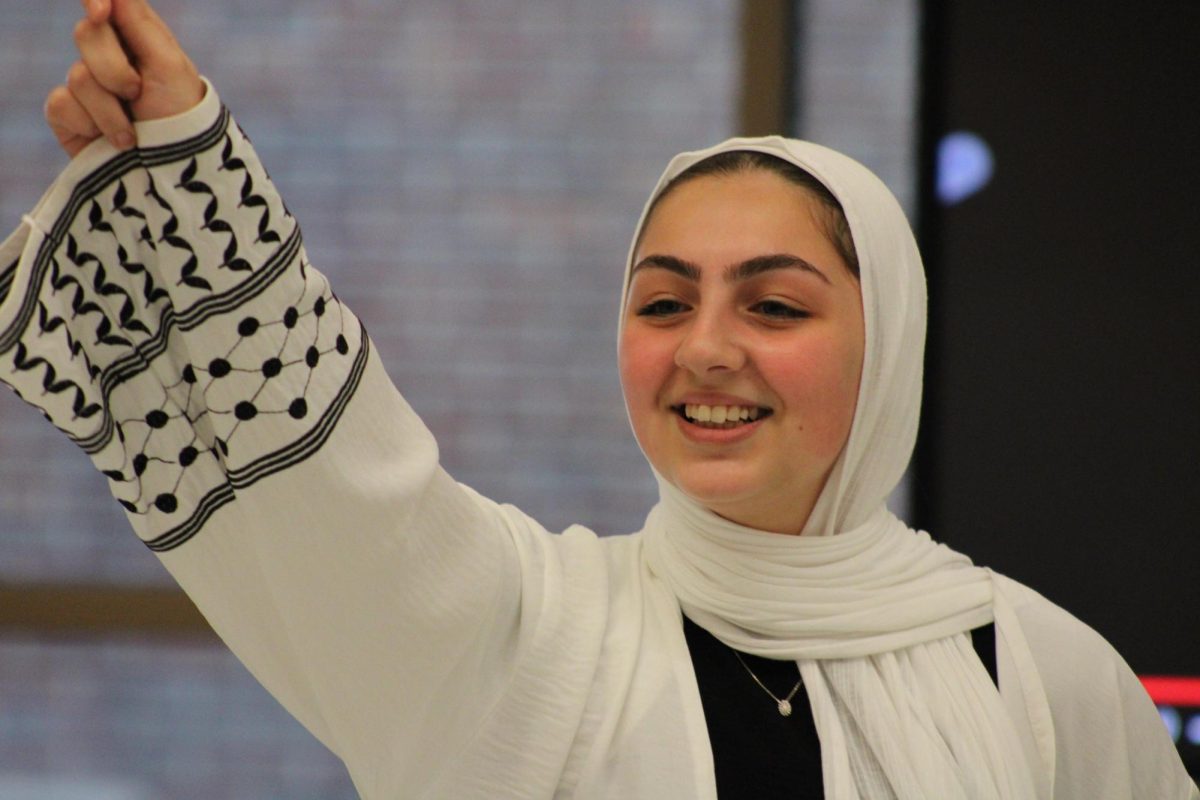For many Christians, Easter is the resurrection of Jesus Christ, following his crucifixion. It is regarded as the most important event in Christianity and is celebrated with religious services, such as Easter Sunday mass or church gatherings. Easter is celebrated in various ways in different countries. It can be completely different or slightly similar, depending on what you eat or how you celebrate your beliefs.
Greece, which celebrates what they call Holy Week, where the church chandeliers and icon screens are dressed in black and purple ribbons. On Maundy Thursday, Greek home ovens get very busy as traditional tsoureki, a type of fragrant Easter brioche, is baked, along with lamprokoulour, an easter cookie. On Good Friday, in churches, the Epitaphios, which is a major part of the service of the Matins of Holy Saturday, is covered with flowers of various colors.
In Russia, the holiday may not last as long because the celebrations start on Saturday mornings and end at dawn. The main Easter service is held in the Cathedral of Christ the Savior in Moscow, where a ceremony with candles and liturgical chants is attended even by those who do not attend services often.
In Germany, Easter is celebrated like in some places in the U.S. Parents hide the eggs and watch the children search for them. However, lamb is a main dish for Easter in Germany, which represents innocence and humility.
In Greenland, people celebrate the coming of spring by decorating their homes with yellow and green decorations. A popular custom is to put branches in a vase of water and watch for sprouting leaves. Lamb is also the dish of choice on Easter Sunday.
In Jamaica, they crack eggs on Good Friday that are said to predict the future. Before sunrise on Good Friday in Jamaica, there is an old tradition where you crack an egg and add the egg white to a glass of water. As the rising sun heats the egg, it makes patterns in the water. People believed these patterns could predict how you will die.
Easter is celebrated differently all around the world. It is significant in many religions and families, and traditions and days of worship have been beloved memories for many generations.




